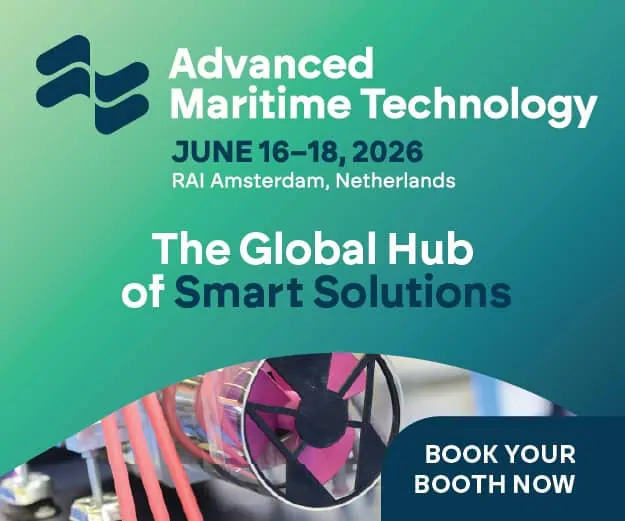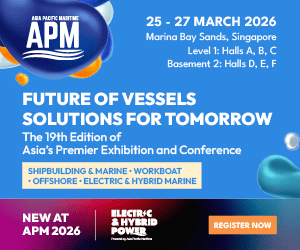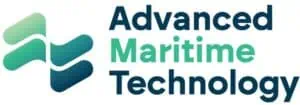A collaborative project between Boreal, SEAM and Multi Maritime resulted in five fully-electric commuter ferries in the inner Oslofjord.
The green shift is underway – also in the transport sector, which accounts for around a third of Norway’s greenhouse gas emissions. The government has decided that all public transport in the capital region must be emission-free by 2028. If we look towards the inner Oslofjord, we see that the work is well underway.
– What Oslo municipality and Ruter have done in the Oslofjord is a showcase for zero-emission ambitions in shipping and ferry traffic. It shows that the will, expertise and technology are in place to make the maritime part of the transport sector greener – solutions that can easily be expanded to other routes and regions, says Ragnar Langåker, project director at SEAM.
The company has approx. a third of the Norwegian ferry market, but delivers innovative low- and zero-emission solutions for all types of vessels.
An important success factor
He refers to the collaborative project between Boreal, SEAM and Multi Maritime. The companies worked together to develop five ferries and charging infrastructure in the inner Oslofjord. The initiators of the project were Oslo municipality and Ruter, who put out a tender for the development of the zero-emission vessels. Now the vessels are in place, and the reactions of passengers and crew speak for themselves, Langåker points out.
– Going from diesel-powered ferries to fully-electric propulsion makes quite a big difference when it comes to noise pollution. The passengers get a more pleasant travel experience, and the crews get calmer and more comfortable working conditions when the boats glide quietly across the fjord.
Not least, they contribute to an important reduction of climate emissions, says the director. He truly believes that success lies in comprehensive cooperation between all actors. SEAM contributed with their expert consultancy on energy and power management, automation systems and charging solutions, and delivered a total solution for charging, propulsion system and battery technology for all five vessels.
– We entered the project early and contributed with the design and development of the control and management systems from A to Z, which is a success factor for obtaining optimal results in such projects, and we are proud to have helped to realize the ambitions of Boreal, and the vision of the authorities to make ship traffic in Oslo greener.
Doesn’t have to be new to be green
All five vessels have now been in operation for about two years. Langåker says that the electrification of the Oslofjord is a great example of how climate-friendly sea transport can also be achieved elsewhere in the country, but the vessels do not necessarily have to be newbuilds.
– The Oslofjord ferries were newly built, all-electric vessels, but we also supply solutions to electrify existing diesel vessels – either with hybrid or fully-electric propulsion systems. In addition, we supply solutions for charging and shore power.

One of the many examples of this is the ferry connection between Aker Brygge and Nesoddtangen, where existing ships were converted from natural gas operations to fully electric with batteries. Here, too, SEAM was hired as the systems partner and integrator.
A supportive player
The electrification of the Oslofjord will continue in 2024, where SEAM will contribute to the realization of a completely unique autonomous battery swap robot that will operate the express vessels MS “Baronen” and MS “Baronessen” which today operate in the Oslofjord.
The vessels are to be converted into zero-emission boats at the Brødrene Aa yard in Hyen and will be ready for operations in the summer of 2024. In the green transition, everyone needs to contribute, he believes.
– That is why we at SEAM want to be a partner to the ship owners, designers and operators, who share the same ambitions: to achieve a higher degree of energy efficiency, and to reach our zero emission goals in the transport sector – as soon as possible.












